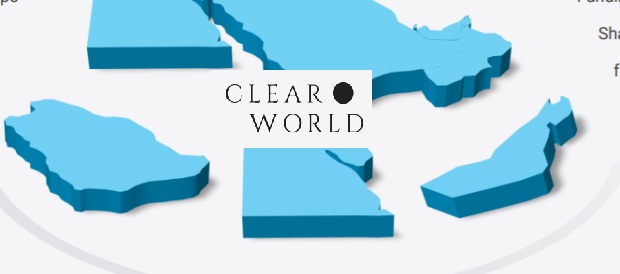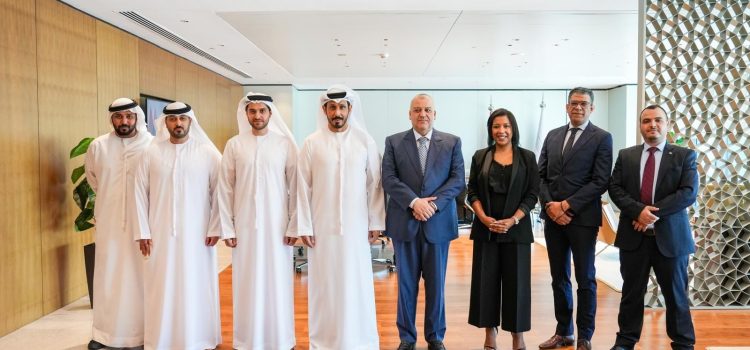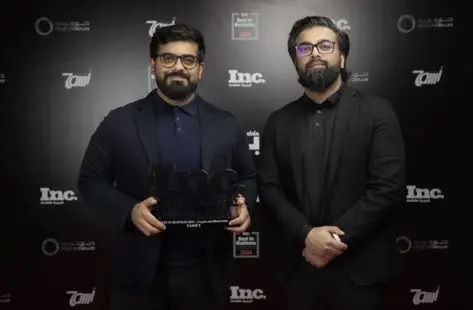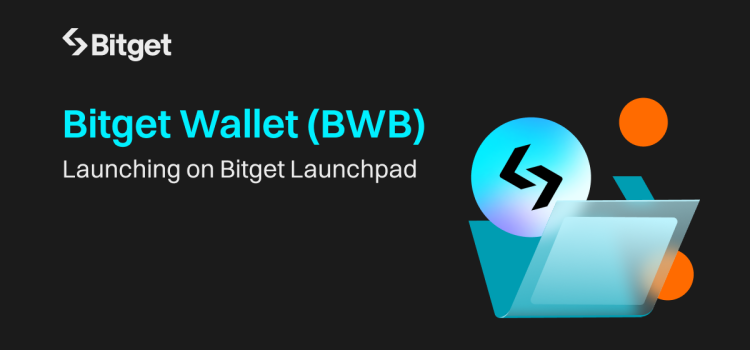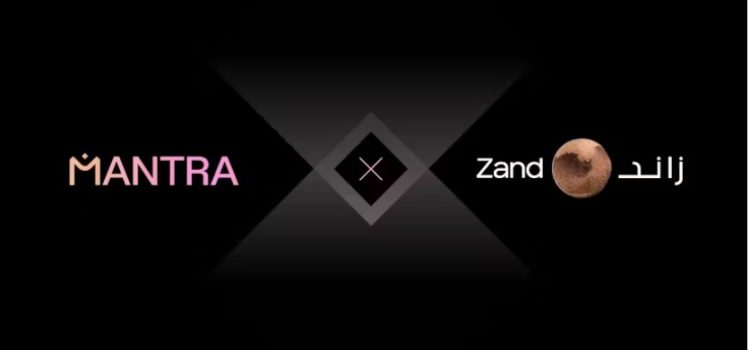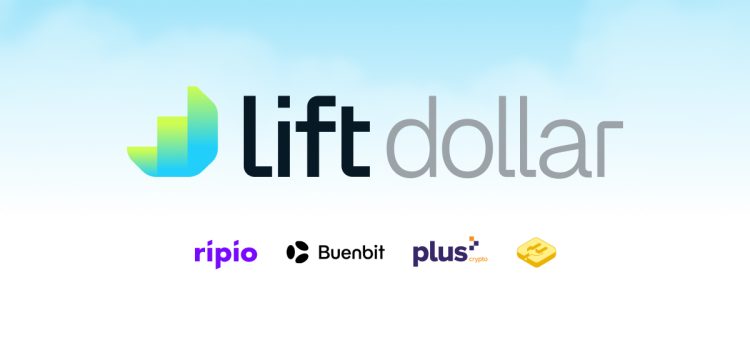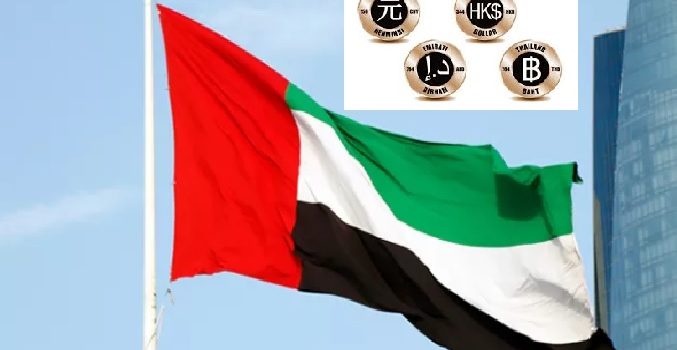
In a recent visit between UAE, Hamid AlZaabi, Director General of the Executive Office of Anti-Money Laundering and Counter Terrorism Financing (EO AML/CTF), hosted a Moroccan national delegation led by Dr. Jawhar Al Nafisi, Chairman of the Moroccan National Financial Intelligence Authority, coordinated on initiatives with regards to anti money laundering and counter terrorism financing, with DIFC giving presentation on UAE experience in virtual assets.
Members of the EO AML/CTF presented on topics such as the National Strategy and virtual assets, and the UAE’s experience using AI to combat money laundering and terrorism financing. A joint discussion resulted in the agreement on specific areas of cooperation to be included in follow-up steps to implement the terms of the Memorandum of Understanding between the EO AML/CTF and the Moroccan National Financial Intelligence Authority.
In addition Dubai International Financial Centre (DIFC) discussed the UAE experience analyzing cases related to virtual assets.
Hamid AlZaabi highlighted the robust cooperation between the UAE and Morocco and its significant impact on raising standards of compliance within the MENA region.
He stated, “Our two countries are united in commitment to combating financial crime and collaborate effectively on multiple levels, both bilaterally and through the Middle East and North Africa Financial Action Task Force (MENAFATF). I am pleased that through our regular meetings, we have developed a comprehensive framework for cooperation and have launched several joint initiatives that are already making a difference. By sharing expertise and best practices, the expertise developed by each country can be leveraged to mutual benefit, to ensure safeguarding our financial regional system.”
Dr. Jawhar Al Nafisi, Chairman of the Moroccan National Financial Intelligence Authority, commented, “This visit underscores the strong strategic ties between Morocco and the UAE, as both nations aim to align strategies and visions on bilateral, regional and international levels, and share expertise to prepare for the upcoming mutual evaluation round. To ensure the sustainability of the efforts made to combat money laundering and terrorism financing, I am pleased to invite Director General, Hamid Al Zaabi to Kingdom of Morocco for progress discussions and to measure the effectiveness of joint committees established during the meetings held over the past two days.”
During the two-day meeting, the parties discussed ongoing bilateral cooperation activities. To further enhance the coordination efforts, both parties have decided to establish several joint committees, including ones to monitor standards and developments, technical committees, and a supervisory committee to track progress and ensure goal attainment.
It is noteworthy that although Morocco leads in terms of the number of crypto holders, it has still not regulated crypto and virtual assets.

